My Water Grand Vision
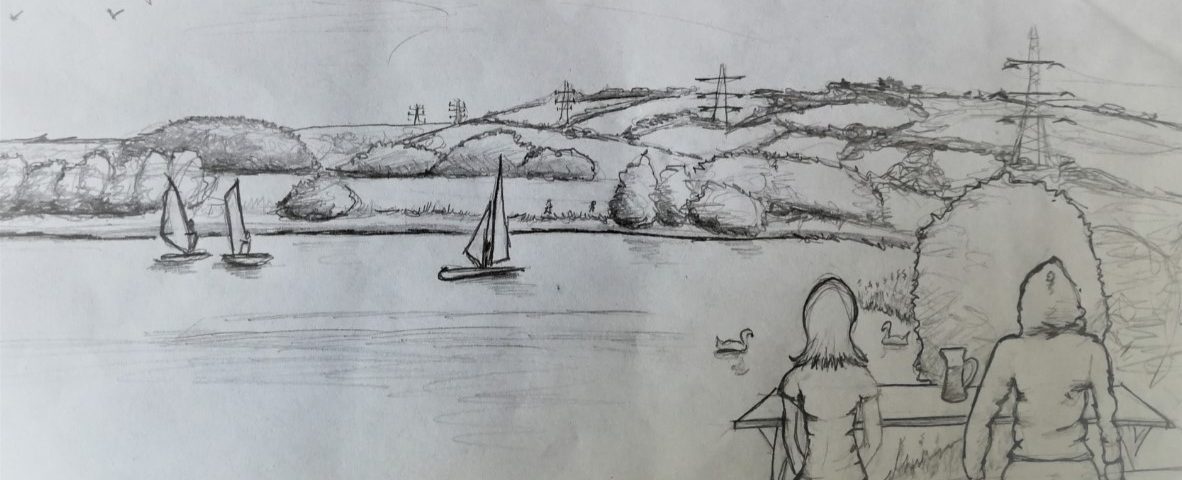
“Water is the prime agent that shapes or misshapes the landscape” (1)
“Water is the basis of life and the blue arteries of the earth! “ (2)
Water is “the eye or the soul of the landscape” (3)
Did you like these quotes?
Because I do…
And as a landscape architect, I use this perspective on water to think how an alternative water system could look…
And today… I am going to share with you some of these ideas…
Just to let you know… This blog comes with a warning… these ideas might seem a bit too pie in the sky and a bit too out there…
Asset not liability
So, first of all, we need to start seeing water as an asset and not a liability.
Water managed correctly provides us with a valuable resource which can benefit the environment, society and the economy.
Water doesn’t just cause flooding and droughts!
This kind of thinking is currently being discussed within government think tanks as part of a post-Brexit water strategy. (4)
An idea where water companies pay the landowners for environmental improvements.
These improvements are aimed at slowing the flow of the water within the water basin.
A great idea because:
- The water boards can scrap the expensive treatment works and let nature do the water purification…

- The public drinks less toxins which would otherwise be in our water system.
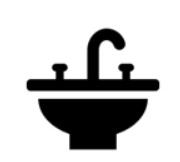
- Landowners sell water as a commodity while improving the environment… (5)

- The government saves money as it won’t need to subsidise landowners…

- And as a byproduct, we get less flooding!

But I don’t think we need to stop there…
Going Dutch
Take a look at what they are doing in the Netherlands (6). They have developed an innovative flood defence concept:
- They build embankments around agricultural fields
- Leave them to flood every 3 years in rotation taking the pressure out of the river.
- The sediment which was being carried in the river settles the field.
- The field comes back into being productive agriculture with nutrient-rich soil
- This saves energy and money from not having to apply fertiliser – and significantly enhances the value of the land.
With initiatives like this, I have ideas on what you could do next…
Idea 1: The ‘Refugee Waterworld’
First idea: An alternative to a refugee camp in Dover. (9)
Temporary refugee pop up accommodation could be located next to these temporary reservoirs, and the water could provide:
- Power! With a mini hydraulic energy station. (10)
- Fresh drinking water! Filtered by a micro hydraulic unit. (11)
- And Food! Grown in the adjacent nutrient-rich fields which have been recently drained. (12)
An infrastructure which could be lifted in with a crane every three years. This would offer the government short term solution which buys governments time to deal with the wider political issues, and lets the land revert back to its natural state.
(* By the way- the crane idea isn’t mine. It’s Sam Cheetham’s. He is also a landscape architect who also enjoys playing around with bizarre ideas – go check out his blog)
Idea 2: Enjoying the ‘Lucrative Lakes’
Second idea: Recreational micro-enterprises’ which celebrates this local water, power and food!
Wind sailing, canoeing, fishing, swimming, or even ‘cold water plunging’(my favourite)…
Imagine it.
- Visualize a temporary cafe on stilts, tucked away in the corner of a temporary lake.
- Relaxing after a morning windsurf,
- Looking out onto gentle flowing water
- which just so happens to be powering the temporary pop up cafe.
- Drinking fresh coffee from the water right under your feet.
- And eating a nutrient-rich breakfast locally sourced from the adjacent, recently drained, field.
I would love to go to this place.
Although, I would know that I would have ‘hurry while the offer (and lake) still lasts’….
Futuristic?
So you can now see why this blog has a warning for being too ‘ out there’.
But I don’t actually think it is…
- I bet you ‘environmental mass immigration’ will soon become a major issue for the UK and other developed nations. (13)
- And I know for a fact that local authorities are constantly looking for recreational opportunities with minimal impact to the environment. (14)
Before I go any further, I do appreciate how these ideas are a little bit ‘ pie in the sky’ as they stand…
and I understand that if I went to work on this vision tomorrow I would waste lots of time and money…
But what I do know is that we are at the dawn of a new ‘Digital Revolution’. The ‘Fourth Industrial Revolution’…
And with the help of new technologies, my vision might be more of a reality than you may think..
Because technology is not only accelerating but becoming more integrated. With…
- new engineering advancements,
- plus the collection of large environmental data,
- plus an ever-connected social media…
…the integration of these types of technologies opens up opportunities for big thinking concepts to be tested, monitored and improved over time…
A continuously improving framework!
The fact that the lakes are there for a three-year short term rotation means new technology can be replaced and introduced each time the land is rotated!
Basically, bad ideas would be removed and good ideas continue to become more efficient
And therefore bigger returns on the investments made, which would incentivise more people to get involved!
Conclusion
I don’t know if you noticed a theme, but my ideas are always about natural cycles…
- The temporary reservoirs are on rotation – this means the land can rest and repair in short term cycles…
- being self-sufficient with water, food and energy is effectively living in a closed-loop system…!
- And a continuously improving framework will mean the concepts will keep improving over time in an uphill cycle…
Whether you are a humanitarian or a capitalist… a refugee or a windsurfer… The magic behind this idea is to understand water belongs to a larger natural cycle…
Here’s a quote by a bloke called Arthur Daw…:
“We need to unblock the river arteries to let the river flow… wake up the soul of the landscape…… and free up mother nature’s cycles forevermore.”

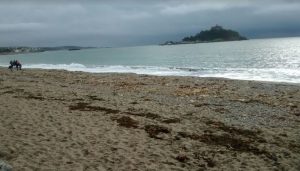
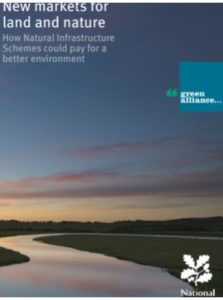
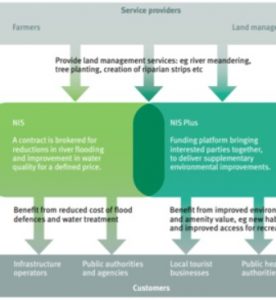
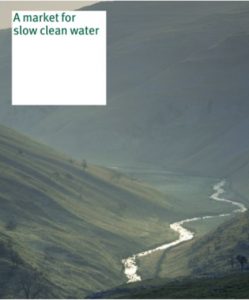
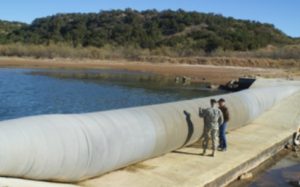
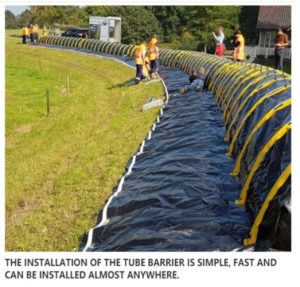
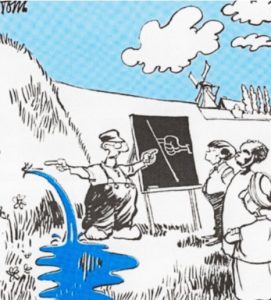

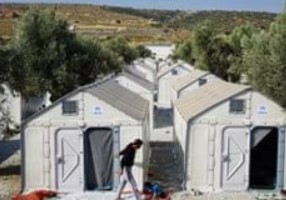
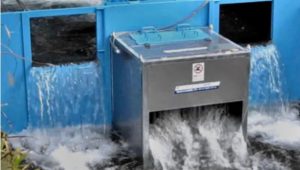
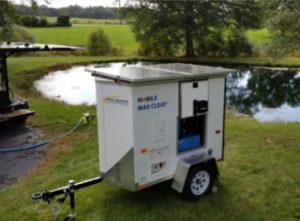

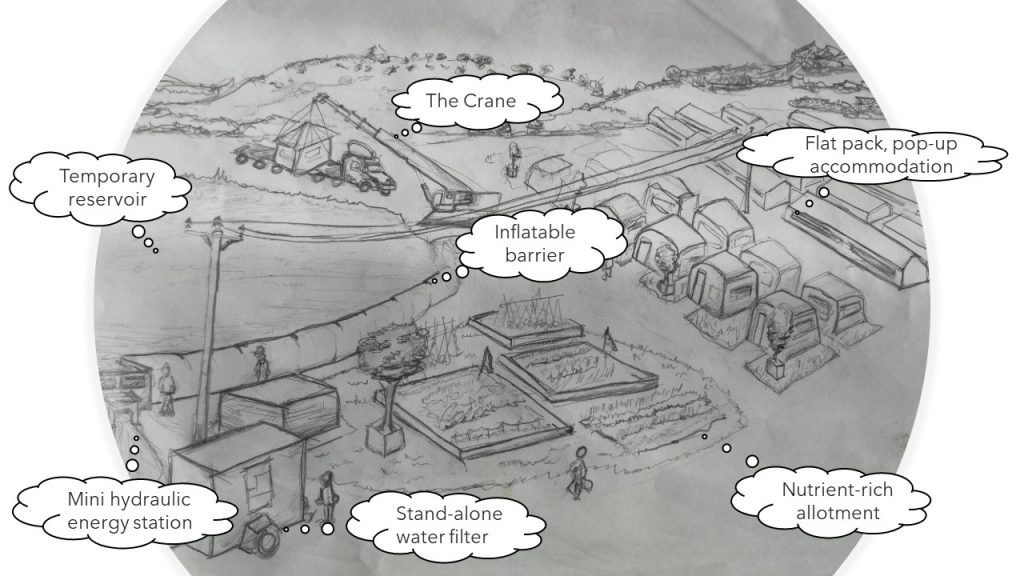
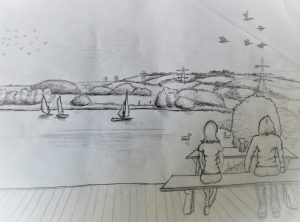
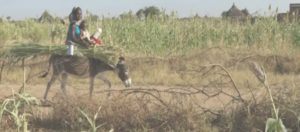
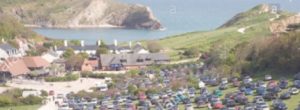
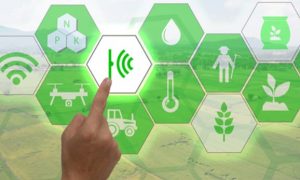

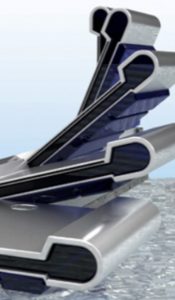
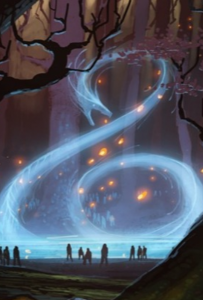

3 Comments
Great blog!
I agree that we don’t adequately utilise natural flood defences in this country. Cycling down the Rhine I saw a lot of fields given over to temporary flood water storage. I’m not sure what they do with the accumulated sediment, but it would seem that you could easily dredge the material and spread it to adjacent land as a soil conditioner. The governments strategic paper on flood and coastal risk management (https://www.gov.uk/government/publications/national-flood-and-coastal-erosion-risk-management-strategy-for-england–2) does start to address alternative flood alleviation schemes, but it may not be adopted at sufficient scale to make significant big impact. That depends largely on the government and what schemes and powers organisations like RPA and NE have for incentivising landowners.
A separate but linked issue in this country is water quality. Poor farming practices and the excessive spreading of unsuitable fertilisers, which contain plastics and persistent organic pollutants pollute rivers and also impact on the quality of soils. Unfortunately farmers and industry benefit from the disposal of wastes to such an extent that it seems unlikely given the power of the NFU that this will ever change. Without tackling the waste industry and its relationship with farming land and water quality are likely to deteriorate further.
Thanks for these comments, Anthony! Awesome points and lots of food for thought…